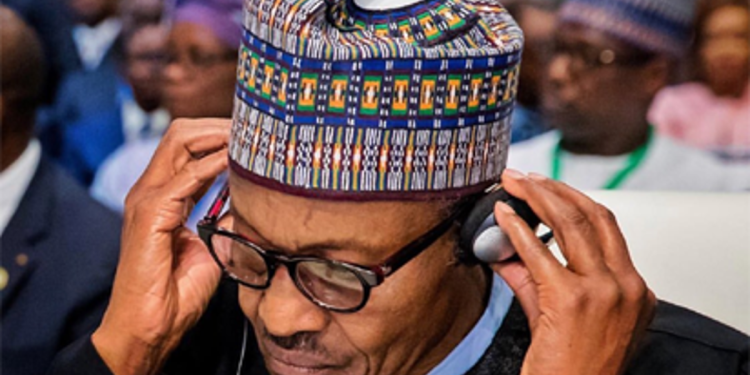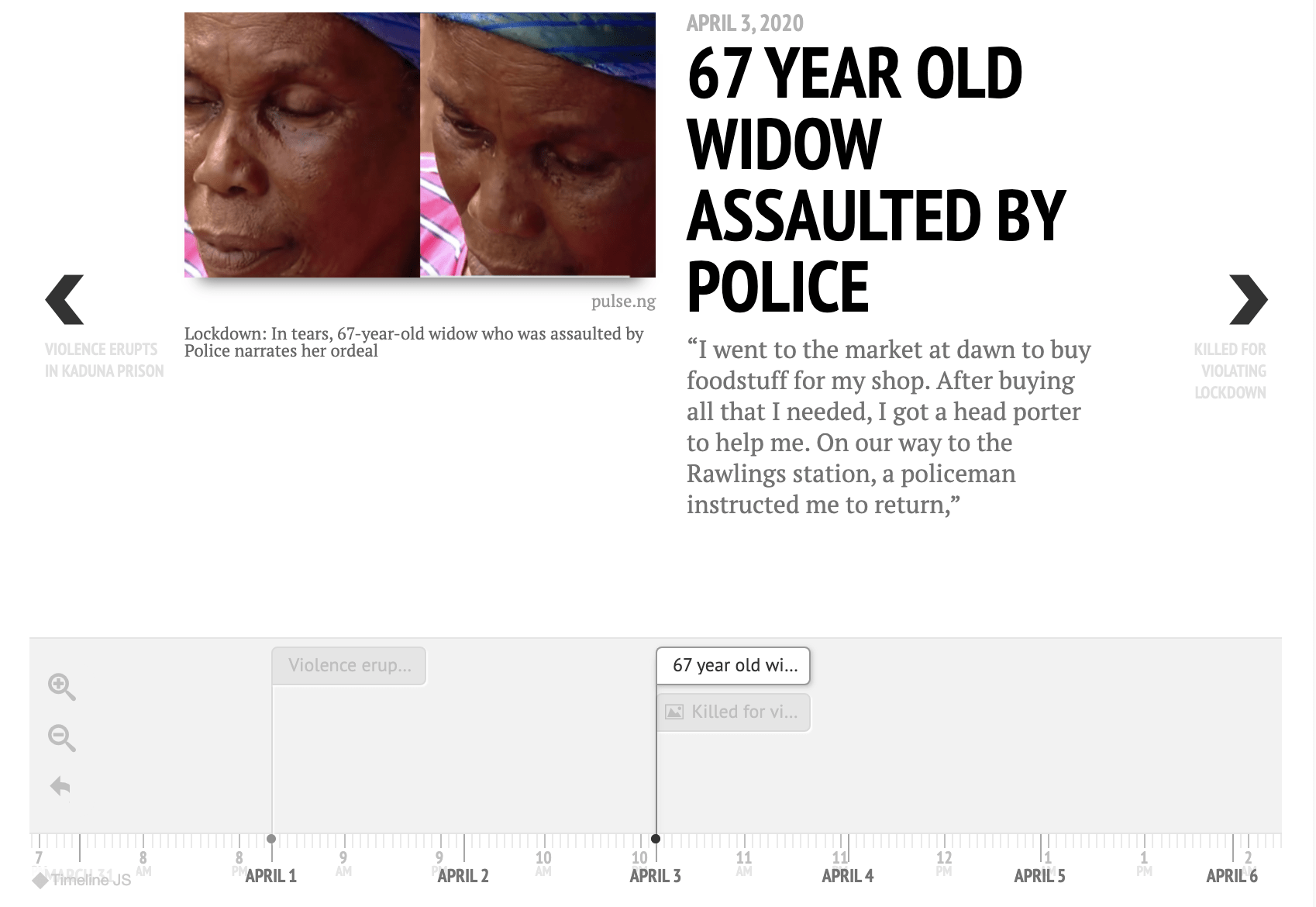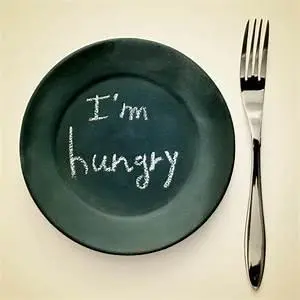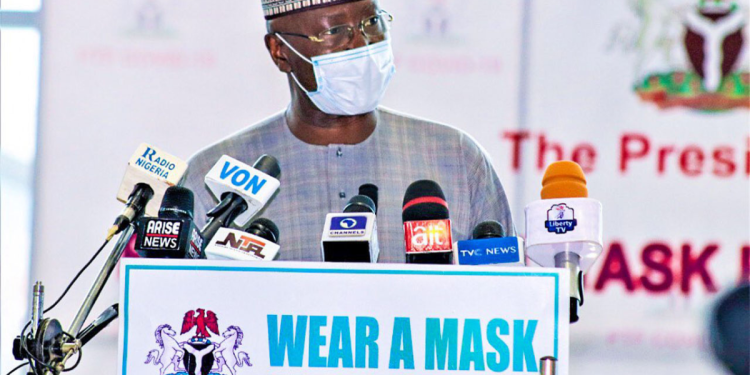
How Nigeria’s state-owned TV stations covered COVID-19
The Nigerian media was critical in educating, raising awareness, and informing the public during the pandemic. People frequently relied on media information during an epidemic lockdown. They were exposed to the message to form opinions about disease risks and take appropriate actions. As a result, it is crucial to examine media coverage during pandemics such as COVID-19.



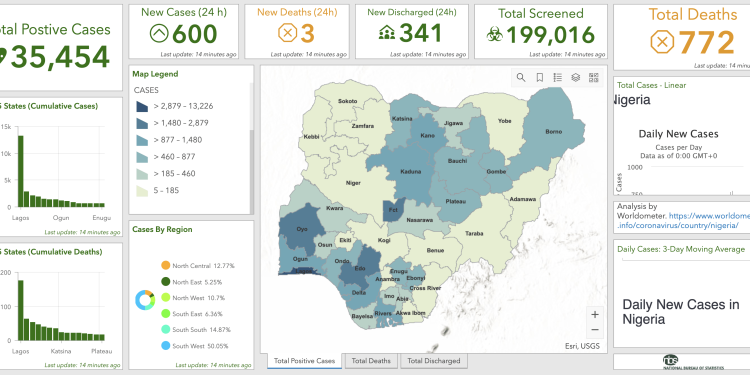
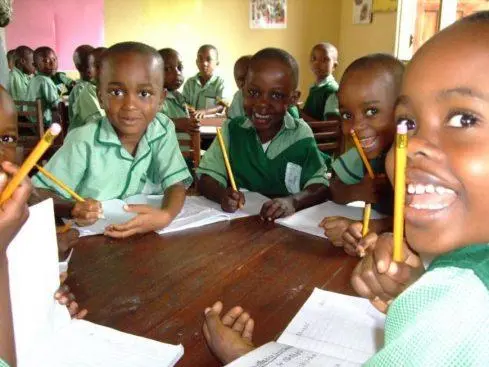
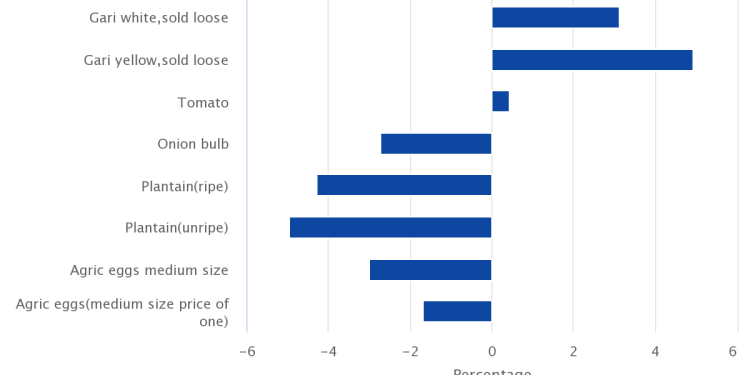
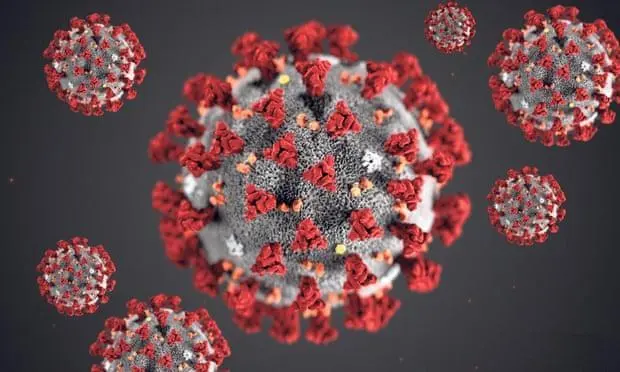
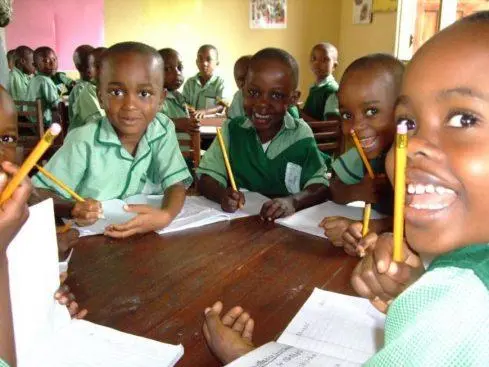
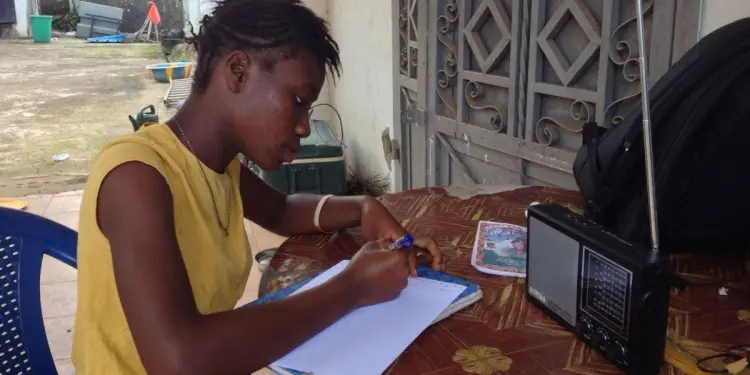


-1708644916.webp)

